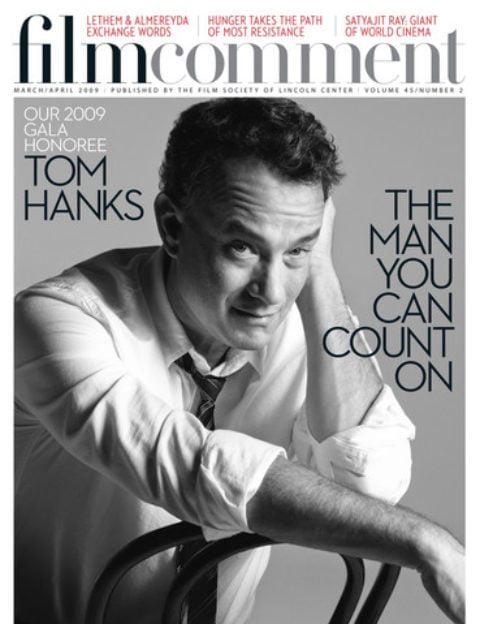Picture a skeezy, disheveled burn-out, staggering under the influence of booze and collapsing into the lap of whichever lascivious, semi-tumescent gentleman will buy her another cocktail. Hair the color of a rotting pomegranate. Given to wearing tight, metallic dresses made of cheap fabric cut as if to encourage the accidental exposure of one or more breasts. Her name is Julia. She often wakes up in the beds of strange men feeling like her blood has turned to rancid custard and that the fuzzy corpse of a dead squirrel has been lodged in her throat overnight. Waking in a panic, hoping to blot all this from her mind, she squeezes back into her damp, rumpled outfit and scuffed-up fuck-me heels, stumbling into the daylight in desperate need of a drink. Julia is the sort of person who, when confronted by management at her day job about a co-worker’s complaint, replies by saying: “Doreen is fucking saving her own fucking lazy fucking fat ass, fat fucking ass bitch. Fucking fat ass fucking bitch.”

Now, who might you imagine playing this colorful character? Asia Argento? Jennifer Jason Leigh? Naomi Watts? Mickey Rourke? Julia, as it turns out, is a showcase for the hot-mess side of that supremely poised ice queen of the cinema: Tilda Swinton. No stranger to the aesthetic wild side, the former muse of Derek Jarman has always been exquisitely controlled in her effects, even when called on to go off the deep end (cf. The Deep End). She’s never done sloppy until now. Naturally she does it with exacting dedication. Swinton’s particularly good at nailing the flailing, jittery syntax and body language of a high-strung alcoholic trying to function through a cognitive swamp.
The movie, alas, struggles with its own imaginative morass. Riffing on Cassavetes’ Gloria, the English-language debut of Dreamlife of Angels director Erick Zonca stages a rather preposterous kidnapping scenario. Fleeing her first AA meeting, Julia runs into a batty Mexican woman (Kate del Castillo) who improbably ropes her into a scheme to kidnap the son she bore with a gringo gazillionaire. Julia can barely take off her sunglasses, let alone pull off such a harebrained scheme, and the movie isn’t remotely convincing in positing these antics as something its protagonist, desperate as she may be, would engage in.

A double cross and much general ineptitude ensue as Julia goes on the lam with the kid (Aidan Gould as Tom). Variety was mortified by the “uncomfortably exploitative” scenes where Julia stuffs Tom with tranquilizers and hogties him to a hotel radiator in his skivvies while wearing an exceedingly creepy black mask. But it’s these early scenes that best speak to Julia’s cracked reality. Vile as her actions are, there’s a poignant sense in which she’s role-playing, the excessiveness of her actions a kind of hysterical overacting of things she’s watched kidnappers do in the movies.
After crashing (literally!) into Mexico, Crazy Lady and the Kid start to bond, while the movie itself, creaky to begin with, more or less falls apart. Complications pile up, confrontations are manufactured, and numerous Mexican baddies materialize as the runtime needlessly heads past the two-hour mark. By this point it’s hazy what Zonca is up to, or even cares about, besides focusing his camera on his resplendent actress. For that, he can’t be faulted. For the rest, well.








